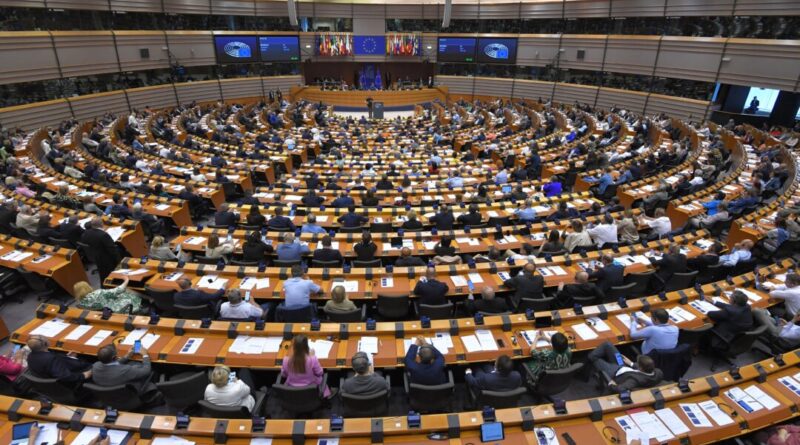Anticipated Outcomes in European Parliamentary Elections
Pollsters have indicated that right-wing groups and parties are projected to gain seats in the European Parliament, while centrist and center-left groups are expected to lose seats.
The European Union is currently in the process of conducting elections from June 6 to June 9, during which citizens of the 27 member nations will choose their representatives to serve in the European Parliament for a five-year period.
The European Parliament serves as the primary legislative body of the EU and is one of its seven institutions.
Its primary function is to pass EU laws alongside the Council of the European Union, based on proposals put forth by the European Commission, which serves as the executive arm of the EU.
The EU Parliament comprises members representing all EU member states who are directly elected by the citizens of these countries.
The Council of the EU consists of national ministers from each government of the 27 nations in the bloc, with its main responsibilities being the adoption of laws and policy coordination. Ministers convene in various configurations based on the policy subject under discussion.
Predictions
The current European Parliament consists of seven political groups, none of which holds an absolute majority.
…
The ECR and ID parties have decided not to nominate their lead candidates for the presidency of the Commission.
The ECR stated that it has never supported the lead candidate system, deeming it inadequate.
The current President of the European Commission, Ursula von der Leyen, belongs to the EPP, which holds the highest number of seats in the parliament. She has been put forward by the EPP as a lead candidate for a second term, contingent upon the EPP winning the most seats once again.



